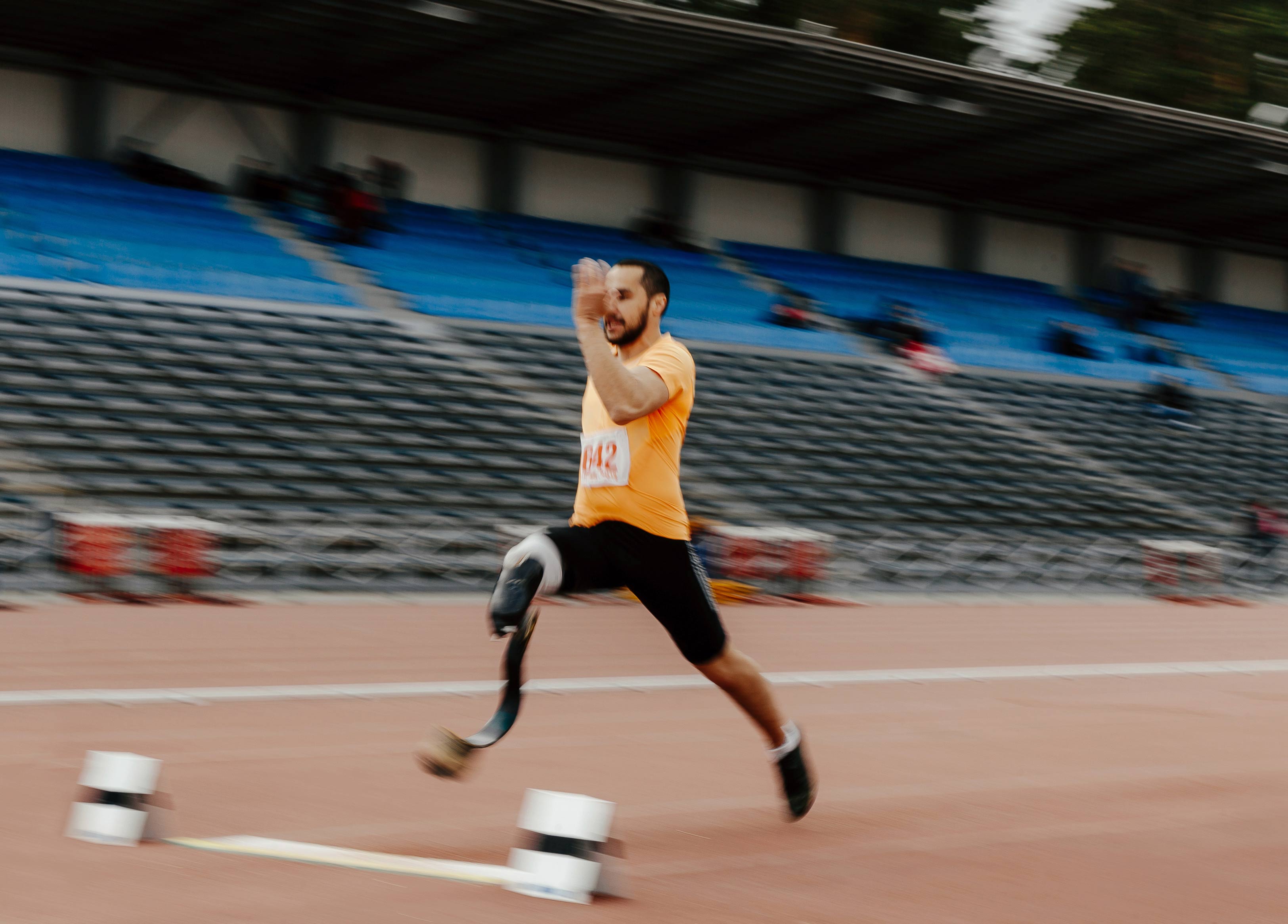
Despite overtures to the contrary, para-athletes remain largely invisible within the vast majority of Canadian athletics websites, according to a University of Alberta study showing access to sport for people with disabilities is all but completely missing online.
Danielle Peers, a professor in the Faculty of Kinesiology, Sport, and Recreation and Canada Research Chair in Disability and Movement Cultures, said the study arose out of frustration with how the conversation about historically low sport and fitness participation rates of people with disabilities—as low as three per cent according to the Government of Canada—is always centred on figuring out new ways of convincing people with disabilities to get physically active.
“The assumption is that it has to do with the motivation and desire of a person with disabilities,” said Peers, whose previous research shows the structural barriers to participation are so massive, there is no way to even begin to assess the role of attitudes and motivation.
“Rather than always assuming people with disabilities are the problem, I wanted to know, how can we as sport researchers and practitioners get less in the way of their success?”
Peers noted that Canada was one of the first countries to fully integrate parasport into the normative sports system.
“People like Robert Steadward were saying that if Hockey Canada were in charge of sledge hockey and if Tennis Canada were in charge of wheelchair tennis, then we’d have all this funding, all this visibility, we already have this mechanism structured, there would be less segregation and that’s the dream.”
Peers’ research team examined the construction of para-athletes within 127 national and provincial-level sport organizations, as well as a number of the nation’s elite clubs.
They found that the vast majority of websites made no mention of programs for people with disabilities. Websites at this stage of their development were termed “invisible.”
Then there were websites at the “marginal visibility” stage—sites that stated their sport “includes everyone” but had limited information save for, in many instances, a single page and a phone number to call.
“With the amount of labour that people have to go through to try and figure out if they could be included just to be rejected nine times out of 10, the likelihood of calling that number would be pretty low,” said Peers.
The third category was “marginalizing discourses.” Here, athletes with a disability were included, but were characterized as charitable recipients or as medical problems rather than athletes.
“These sites never state that it is just inherently good for people to be able to play the sport,” said Peers. “It’s always written that inclusion is good because it teaches disabled people independence, or their disability is viewed as a deficit—as something to be fixed.”
The solutions to common barriers included providing free or inexpensive rental equipment, ensuring facilities are accessible and ensuring coaches have experience or training in supporting athletes with disabilities.








